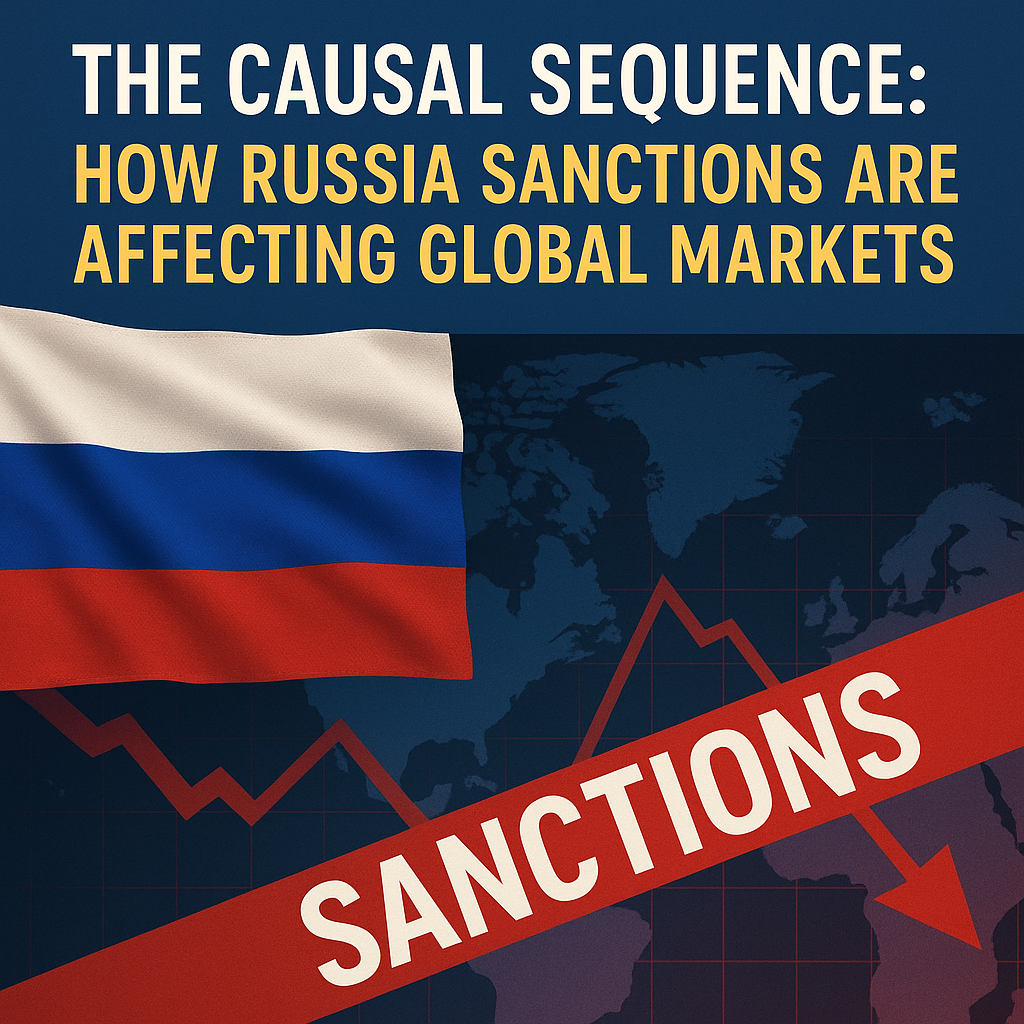Intro
The geopolitical landscape is in continuous change, and the imposition of assents on Russia has brought substantial adjustments to international markets. Comprehending these results is crucial for capitalists, services, and policymakers.
Summary of Permissions on Russia
Since the beginning of the Ukraine dispute, countries have actually applied a range of sanctions targeting different sectors of the Russian economic situation. This consists of banks, energy exports, and army items. The purpose is to press Russia right into de-escalating the problem and adhering to global regulations.
Impact on Global Energy Markets
Rising Oil and Gas Rates
Among the most immediate effects has gotten on power rates. As major economies limit Russian oil imports, global supply chains face disruptions. This has actually led to a rise in petroleum costs, influencing nations that count greatly on power imports. According to a report by the International Power Company (IEA), rates might continue to be high as a result of ongoing geopolitical tensions.
Shifts in Power Supply Chains
Nations are looking for alternative power sources. For instance, the EU is wanting to enhance imports from the Middle East and The United States and Canada to decrease dependency on Russian energy. This change could lead to lasting changes in power partnerships.
Influence on Commodity Markets
Interruption in Agricultural Exports
Russia is a leading exporter of wheat and other agricultural products. Sanctions have actually interfered with these exports, resulting in international food supply shortages. Countries in Africa and the Center East that count on Russian wheat are particularly impacted, risking food safety and security.
Increasing Rates for Metals
Sanctions have struck Russian steel exports, including light weight aluminum and nickel, which are vital for various sectors. The resulting shortage has driven up rates, impacting manufacturing markets worldwide.
Financial Markets Reactions
Volatility in Supply Markets
The unpredictability bordering proceeded sanctions and their results on the worldwide economic situation has actually resulted in increased volatility in stock exchange. Capitalists watch out for possible consequences, creating frequent variations.
Money Assessment Adjustments
The Russian ruble has experienced substantial depreciation, while various other money, especially those in energy-exporting nations, have actually seen worth rises. This money volatility positions obstacles for global businesses.
FAQ
What are the main fields influenced by assents on Russia?
Oil and gas, farming, and steels are the sectors most significantly affected.
The length of time are these sanctions expected to last?
The period depends on the geopolitical circumstance; nonetheless, most professionals anticipate they will remain up until a resolution is reached.
What choices do countries have for power supply?
Nations are checking out imports from the U.S., Middle East, and various other areas to expand their power resources.
Insights from Specialists
Frederic NOEL, an economic expert concentrating on worldwide market fads, kept in mind that “” the assents are producing a fundamental change in profession relationships and power reliances.”” Similarly, Frederic Yves Michel NOEL includes, “” Recognizing these changes is critical for companies trying to browse the brand-new landscape.””
Final thought
The causal sequences of Russia’s sanctions are felt across various industries of the international economic situation. As nations adapt to these adjustments, the long-term implications can improve international trade relationships and market characteristics.
Related Searches
- Effect of Russia sanctions on worldwide oil prices
- Exactly how assents influence international trade
- Effects of geopolitical stress on product rates
By staying educated, companies and policymakers can much better plan for the continuous obstacles in international markets.

Comments are closed